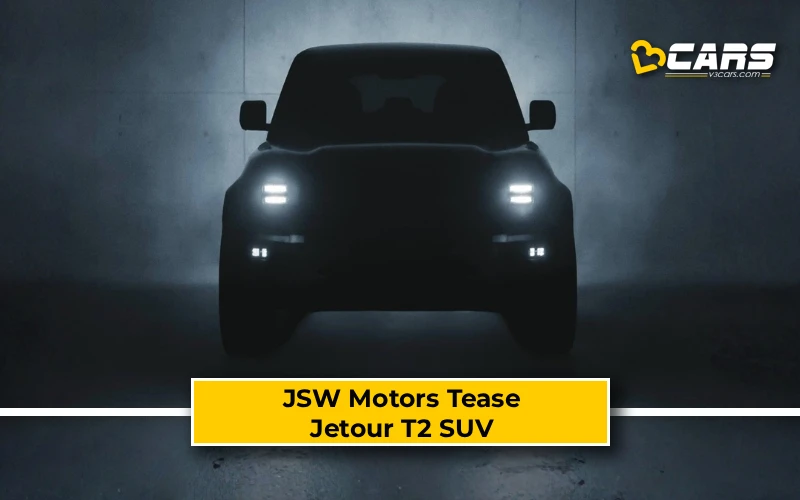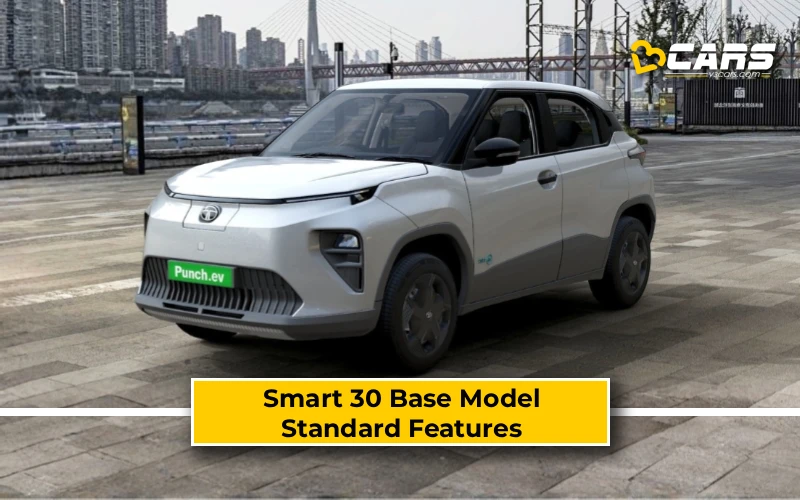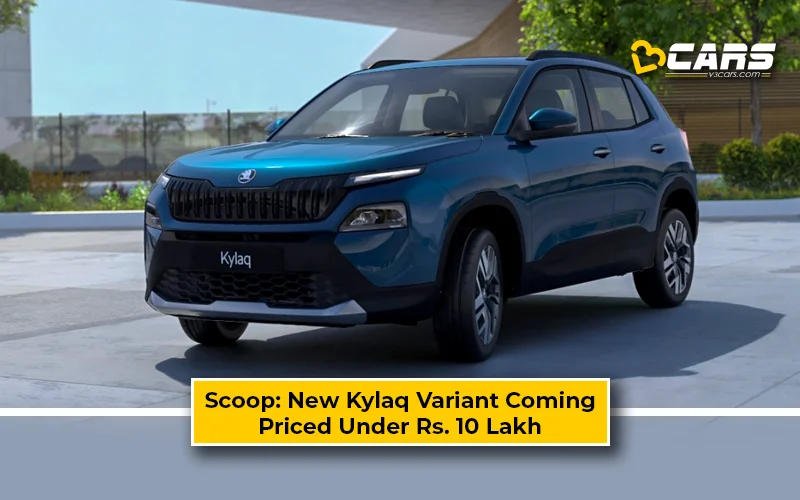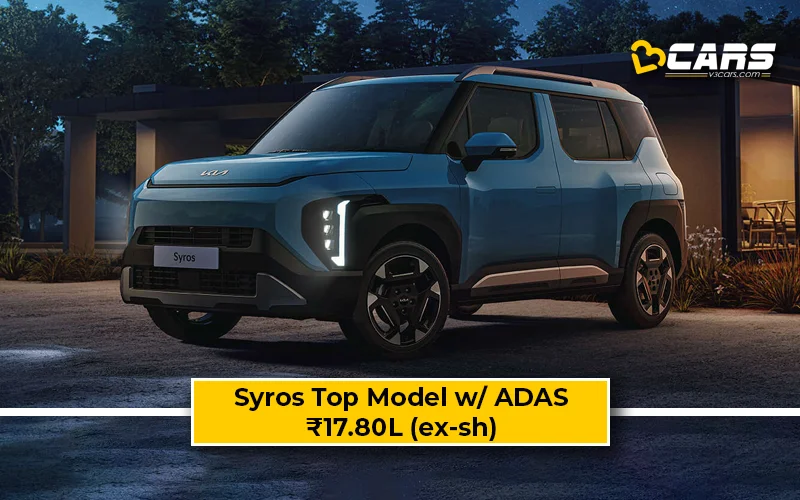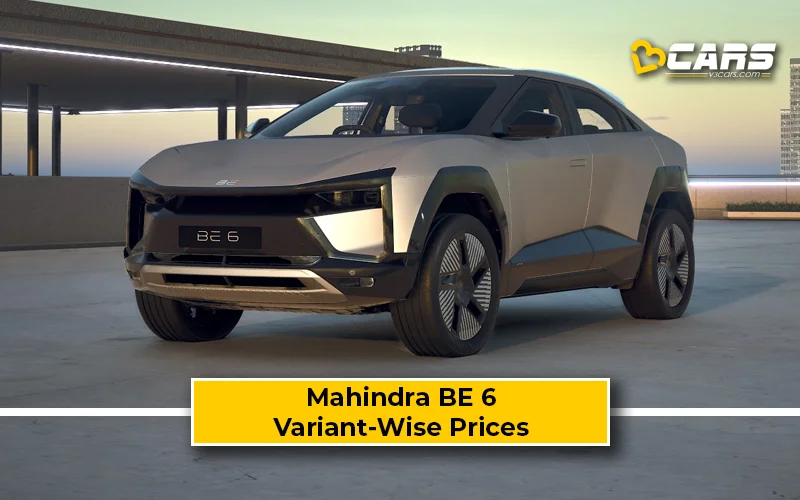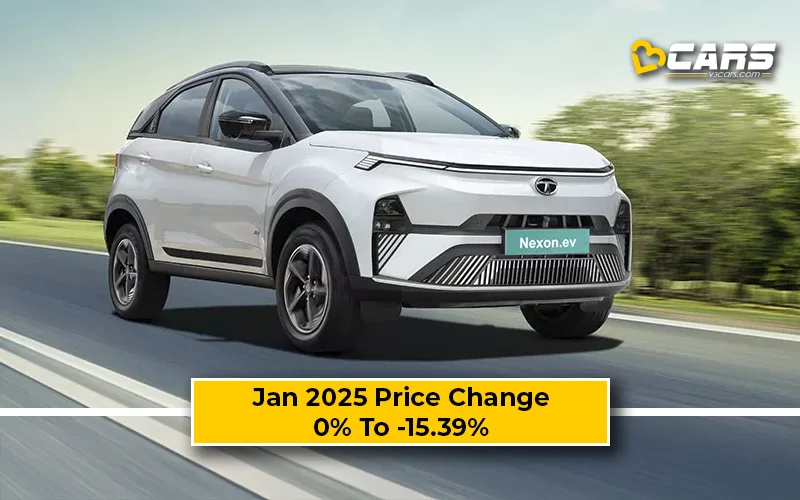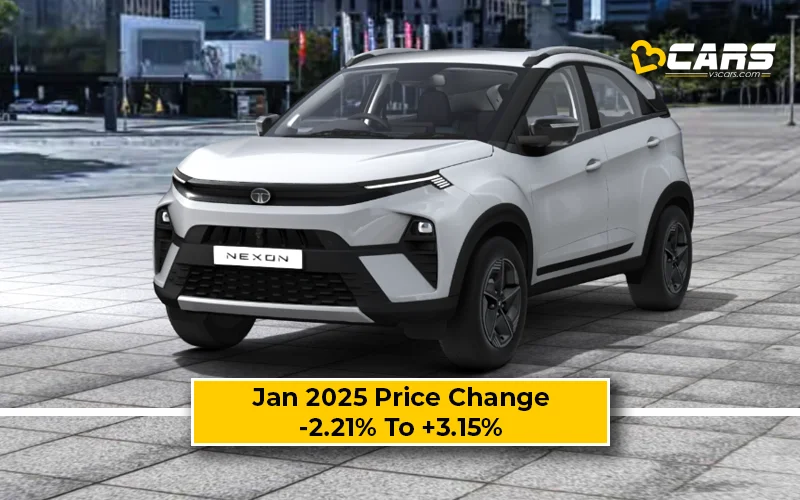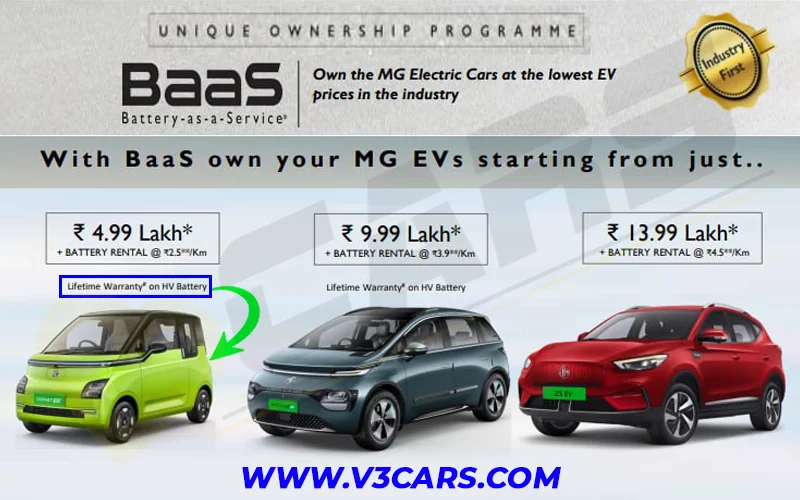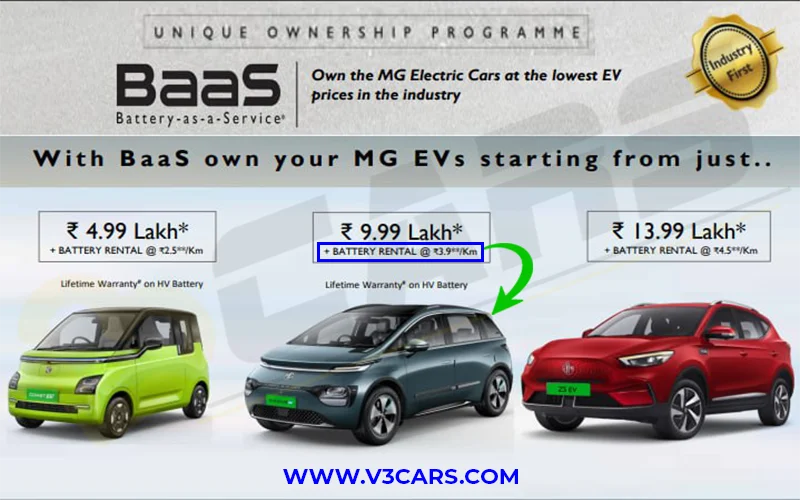CAR NEWS TODAY
Here’s a look at all the cars that are expected to launch in the month of March 2026. Our list includes new models from the likes Renault, Toyota and Skoda.
Latest Car News
Jeep India have relaunched the Wrangler Willys 41 Limited Edition in the country at a price of Rs. 70.31 lakh (ex-showroom)....
Renault India have confirmed that the all-new 2026 Duster will be officially launched in India on March 17, 2026. The...
JSW Motors have officially teased their upcoming SUV, the Jetour T2 SUV, through a front page advertisement in The Economic Times....
Skoda India have commenced production of the 2026 Kushaq facelift at their Chakan plant in Pune. Deliveries of the updated Kushaq,...
In this article, we will look at the standard feature list of the Tata Punch EV 2026 base model - the Smart 30.
Nissan have announced a new retail loan offer for the 2026 Magnite through Nissan Renault Financial Services India. The...
Isuzu India have launched the 2025 V-Cross in India with prices ranging from Rs. 25.50 lakh to Rs. 30.28 lakh (ex-showroom). The...
In this article, we’ll explore all the exterior colour options of the 2026 Punch EV. We’ll also look at the...
Tata Motors have launched the 2026 Punch EV facelift with prices ranging from Rs. 9.69 lakh to Rs. 12.59 lakh (ex-showroom). While...
TRENDING CAR NEWS
The 2025 Skoda Kylaq, Skoda’s entry into the competitive B2-SUV segment, has officially launched. Deliveries of...
According to a source with knowledge on the matter, Skoda India are set to introduce a new variant of the 2025 Kylaq....
Kia India have finally revealed the prices of the Syros 2025 and they start at exactly the price we predicted —...
In this article, we’ll estimate the ex-showroom price range of the upcoming eVitara — Maruti’s first...
In this article, we’ll list out the ongoing offers on the Maruti Suzuki Ignis, Baleno, Dzire, Grand Vitara, WagonR...
Skoda Auto India have revealed the variant-wise prices of 2024 Kylaq, their first-ever B2-segment SUV that competes with...
The Mahindra BE 6, first unveiled in November 2024, has created quite a buzz in the electric SUV market. While Mahindra...
In this article, we’ll list out the ongoing offers on the Tata Altroz, Tiago, Tigor, Nexon, Harrier and other Tata...
Maruti Suzuki Brezza SUV is also available through CSD for our men and women in uniform. In this article, we’ll...
Top Car News
The 2025 Skoda Kylaq, Skoda’s entry into the competitive B2-SUV segment, has officially launched. Deliveries of...
In this article, we’ll list out the ongoing offers on the Maruti Suzuki Ignis, Baleno, Dzire, Grand Vitara, WagonR...
Impotant Note (Jan 18, 2025): With the start of the new year, Tata increased the prices of some of their cars. However,...
With the start of the new year, Tata increased the prices of the Nexon 2025. While some of the variants of the Nexon...
According to a source with knowledge on the matter, Skoda India are set to introduce a new variant of the 2025 Kylaq....
In this article, we’ll list out the ongoing offers on the Tata Altroz, Tiago, Tigor, Nexon, Harrier and other Tata...
Kia India have finally revealed the prices of the Syros 2025 and they start at exactly the price we predicted —...
We recently came across a piece of collateral from JSW MG Motor India revealing that they will soon start offering...
We recently learned from an MG car sales representative that besides the price increase JSW MG have also discontinued...




